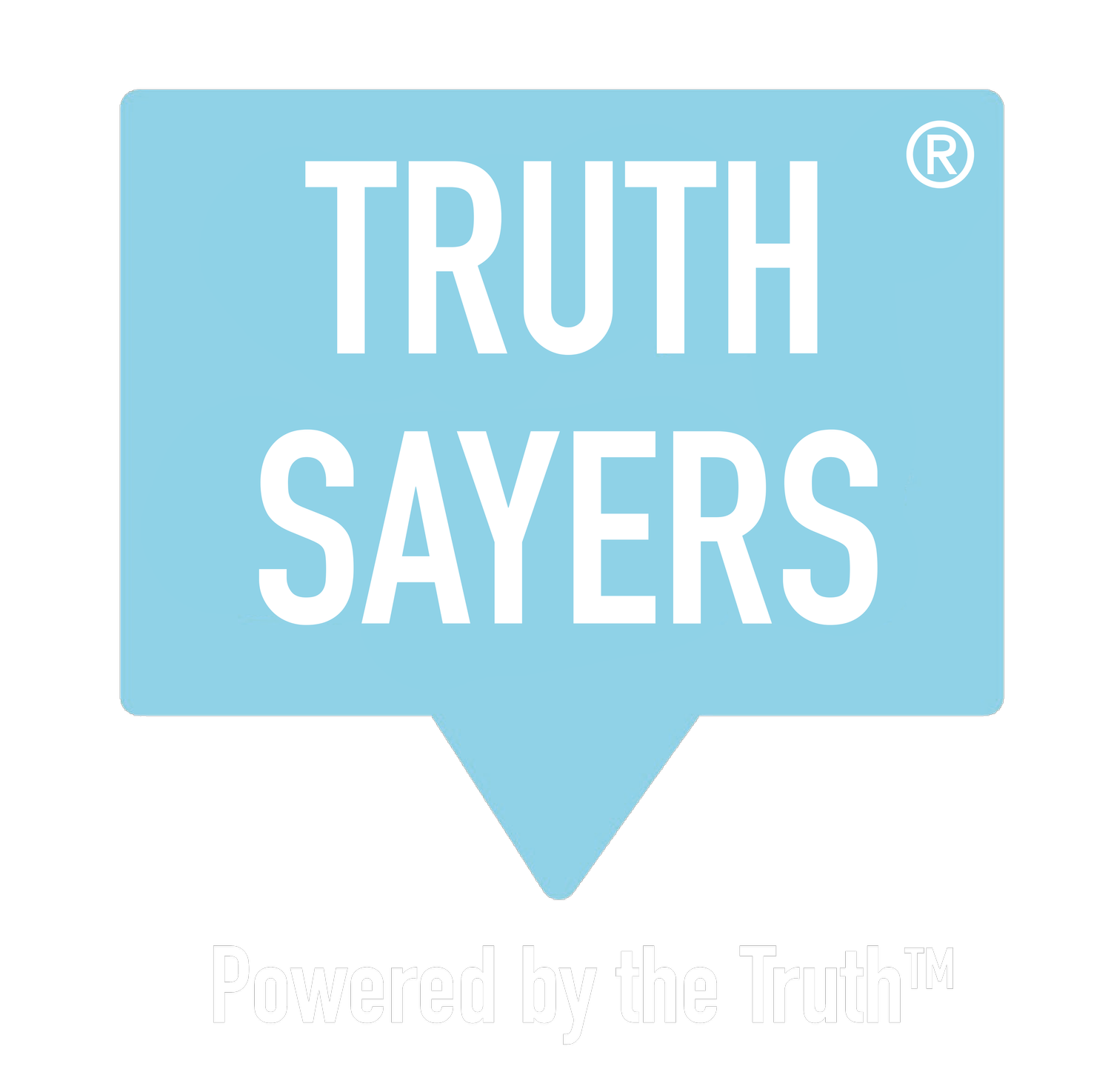Three Steps to Embed Financial Resilience in your Workforce
Considering the financial resilience of our workforces is vital. Now, more than ever. Financial difficulties are a prime cause of stress and anxiety, yet stigma still exists around discussing money and asking for help. This is why financial wellbeing needs to be embedded as a bedrock of all employee wellness strategies.
“Mental health and money problems are often intricately linked… in England alone, 1.5 million people are experiencing both problem debt and mental health problems.”
Financial ill health can impact our decision making in every aspect of life - family, relationships, social-life, retirement plans and even posthumous benefactors. As the primary source of income for their employees, maintaining financial wellness is a big responsibility for employers. Whilst more organisations are now taking a holistic approach to supporting their employees’ wellbeing with health and wellness provisions, financial wellbeing is still one of the least considered elements of these packages, as evidenced by the CIPD 2022 Health and Well-being Report:
“It’s disappointing to see that financial well-being remains the most neglected area, with under half focusing on this important aspect of wellbeing.”
Positive steps have been made in the past few years to normalise talking about our mental health, but perhaps overlooked is the age-old stigma of talking about finances. Employees won’t readily tell you about their debts, the mounting bills and other external factors that are leaving them with a pocketful of stress. Financial worries are often cloaked by other stressors that are perceived as easier and maybe less embarrassing to talk about, rather than dealing with the root cause. The companies that are ahead of the curve on this are thinking outside the box and investing in the latest neuroscience methods to bypass the diversions and get quickly to the real stress triggers to devise accurately targeted programmes of support.
Economic Crisis
If employees are worrying about how they’re going to pay the bills, heat the house and put food on the table, it’s likely that they’ll be distracted, demotivated and less focused at work. The Financial Conduct Authority’s data shows that 15% of all adults (7.8 million) are heavily burdened by their domestic bills and credit commitments. Their 2022 survey goes on to state that:
“In May 2022, 12.9 million UK adults had low financial resilience – 1 in 4 (24%) of all UK adults. These are people who are in financial difficulty, or who could quickly find themselves in difficulty if they suffer a financial shock... This result is much worse than we recorded in our February 2020 Financial Lives survey. At that time, 10.7 million adults had low financial resilience, 2.2 million fewer...”
The Money and Mental Health Policy Institute’s report in June 2022, A tale of two crises: the cost of living and mental health found that:
“Across the population as a whole, 59% said that rising prices had had a negative impact on their mental health. Over half (54%) had felt anxious in the preceding months due to the rise in the cost of living, with one in three (34%) having felt depressed… with 21% having felt unable to cope and 18% feeling desperate.”
If your workforce is understandably preoccupied with concern for their mental health, job security, and potentially the financial ramifications of the pandemic, this will have a detrimental effect on their performance and productivity.
Financial Wellbeing: a key pillar of resilience
Financial wellbeing needs to be a foundation of an organisation’s health and wellbeing strategy to help employees build long term resilience. A combined health & wealth strategy will result in services to guide and support employees through the maze of risks, responsibilities and opportunities and should include workplace pension plans and savings advice, budgeting and cashflow tools, financial protection plans, education seminars, core insurance products, tax advice, debt counselling and welfare loans. These steps can help get you there:
#1. Build diversity into a robust financial package
Creating an inclusive strategy for an ever-changing financial landscape might feel like an insurmountable task. When building a financial wellbeing strategy, look at the bigger picture and think about carrying out a gap analysis to understand employees’ broader financial needs. Aon’s Financial Wellbeing Gap Analysis tool provides a useful benchmark of where your provision stands in relation to similar companies and will help you identify ways to optimise your offering.
Financial needs and aspirations differ enormously and whilst some of us will look to the future, others will be focused on the here and now. Understanding the demographic of your workforce will help you to draw on existing data that can give a good marker of how to pitch your package.
“Socio-demographic groups more likely to have low financial resilience ... are female (28%); younger (29% 18-54); unemployed (48%), working in the gig economy (37%) or on a very low household income (50% <£15,000) renters (47%); in an ethnic minority (44% Black, 39% mixed); or living in a deprived area (42%).”
Diversity in the financial benefits offered must reflect the demographic or your workforce. Understanding the values and priorities of your workforce will help you refine this further. At one end, share and investment options will be relevant and needed, including green investing, pensions matching, access to financial advisors. However, don’t overlook the day-to-day necessities and financial perks that for many equate to financial wellness: family support services, store discounts, childcare vouchers, welfare loans. Financial security now and in the future will free your people to focus their energy on their productivity. It will also engender loyalty and strengthen workforce resilience for the long term.
#2. Educate the workforce
Although many companies offer education programmes on saving for retirement, this is only supporting employees who feel this is of value to them. It tends to be those who are already financially confident who will engage with pension planning and saving programmes. Those who feel less sure about finance, or who may be struggling to manage basic finances, are less likely to recognise the need to engage with retirement planning and be less willing to talk about it.
Most of us were not taught at school how to manage our basic, day-to-day finances like bills, childcare, loans, let alone how to invest in savings and pensions. It is important to recognise that pension planning is intrinsically linked to basic financial management: those struggling with debt or lacking basic budgeting skills are unlikely to be able to save effectively for retirement — and may be more likely to fall for a pension scam. Aon’s findings show that the majority of organisations are focused only on providing support with pensions accumulation, rather than wider financial wellbeing:
“75% say that they offer education about saving for retirement, and a similar number provide access to tools or modellers, but just 37% offer support with financial planning, and 30% with spending after retirement”
Setting out an easy to access, comprehensive and supportive financial education programme is a foundation of your resilient workforce. Dealt with in the right way, understanding how to plan financial wellbeing can help lower stress levels, make home and work life happier, and crucially, build up financial and health resilience. Sessions and action planning needs to be focused on financial wellbeing not wealth; behaviour not budgets.
#3. Measure the impact, holistically
Measuring the effectiveness of your financial wellbeing strategies is crucial if schemes are to develop effectively and use resources efficiently. Using the right tools to give you sight of the right data analytics is essential so that you can gather a holistic view of your workforce’s financial wellbeing and understand the long-term impact of your strategies.
“While 80% of schemes use proxy measures of engagement, such as how many members access websites and online tools, only around a third (35%) assess whether individuals are saving enough, and whether they are on track to achieve their retirement goals. Of these, just 13% measure this regularly”
We have to remember that finances are inherently personal and private. Even if you get the first two steps in place with a diverse and robust financial package that includes comprehensive financial education, you may find it challenging to open conversations about the personal impact of the actions on an individual’s financial wellbeing. Standard online tools and surveys can provide the reassurance of anonymity, but these question-answer style methods rarely get you to the truth, making the value of the collected data questionable. When asked to consider how they feel or what they think, respondents will invariably moderate what they tell you, often unconsciously, for any number of reasons.
Behavioural science has introduced methods that recognise that what people say and how they really feel are often very different. Reflection is an end-to-end, holistic, listening platform that can tune in to employee’s wants and needs on a deeper level through their nonconscious mind, bypassing the conscious biases that normally filter what we are prepared to share. A few years ago, this would not have been achievable, but now advances in neuroscience, psychology and technology make this possible. Reflection is Aon’s next generation employee listening technology, powered by Neurotech®. It quantitatively measures how people really feel about their financial wellbeing, and other aspects of working life, in a safe, non-confrontational way. Using Reflections periodically throughout the employment journey allows you to gather hard metrics to measure progress and identify gaps that need to be addressed, giving you measurable outcomes to evidence the growing financial resilience of your workforce.
by Tim Evans, Chief Product Officer, Truthsayers®. Truthsayers® is the UK based global tech firm behind Neurotech® that powers Aon’s Reflection listening platform. Neurotech® lifts the cover on how your people really feel at work getting to the truth quicker, more accurately and more holistically than any traditional tick-box survey. The Neurotech® method bypasses the need for conscious responses and measures people’s true emotions and feelings to provide a holistic 360° view.


